It's not that I was an "old school" teacher so much; I've always been interested in reading the research and doing well as an educator. But if I'm honest, before this year, I was still perfecting my use of effective 20-century teaching and learning tools!
Until recently, my foray into "technology" consisted mainly of developing kick-ass handouts with beautiful fonts and spec-ed-friendly spacing on the computer, and hiring a 17-year-old web designer to put the idea for my Vera Teschow website into action (or, more accurately, into HTML).
That second part was probably the best thing I ever did for my professional development in technology.
If you're in the over thirty club, as I was at the time, one of the most effective ways to ensure you stay current is to put your trust in someone in the under 30 club. Doing so will yield one or both of the following results: You get to see technology being used effectively and seamlessly, and/or you realise that kids can't be trusted to get anything done the way you want it, and you are forced to just learn the tech yourself.
From my 17-year-old tech mentor (who is now nearing membership in the over-thirty club himself and has become one of my closest friends), I learned a lot of lessons in the first category: I'll never forget the week I drove my neatly organized-by-genre CD collection over to his dorm along with a home made lasagna and some brownies because he convinced me I had to get with the now and put my music on an iPod, and it looked so easy when he used his nifty little device.
The ensuing four days and 3 nights were among the longest and most terrifying of my life, as I wondered whether I would ever be reunited with my music in a manner that I could navigate as easily as my modest CD player and the four towers of meticulously organized CDs that resided in my living room at home. My young and tech-savvy friend, however, was so confident, that I had had no choice but to accept his challenge/invitation, and jump in with both feet.
I've never looked back.
With ever-evolving do-it-yourself technology to be had, I soon learned how to develop my own blog, and even began helping others get online. A colleague and I experimented a bit with SmartBoards a few years back and learned that we really had no idea what we were doing...
Google docs has allowed the early adopters in my room to support and encourage the more resistant when it comes to content creation and virtual collaboration. Edmodo as allowed me to keep an accessible record of both learning and assessment, and has facilitated my connection with my students during my many absences (when I am away, I often post learning challenges and on-location photos and reading selections from the cities and towns where I am presenting at workshops and conferences, both to broaden my students' perspective and schema, and so that my students are only ever a click away from access to their "regular" teacher).
I knew I was finally "arriving" when -- earlier this week -- this happened:
The latter -- who was at home sick -- had already logged on, and immediately began interacting with the former.
"Keep going... I'm pretending I'm there." said the text from the at-home student near the top of the stream (I read it out of curiosity later that evening, to get a sense of how authentic the engagement really was).
As we were exploring the challenges and opportunities associated with the abundant arrival of new Syrian students at our guest speaker's school, a discussion about the merits and challenges of Google translate ensued between the two students on Edmodo, and later in the conversation, when we at school were searching for an Arabic word we had learned earlier in the month from another speaker but could not remember, the at-home student, who happened to speak Arabic, quickly recorded an audio file online and sent the at-school back-channeler the link, which she opened and played for the benefit of our guest speaker and the rest of us.
Truly, since I began mucking about with technology in more detail this past fall with my students, I am amazed over and over again by the new ways they take on what I've introduced them to, and use it to create their own content, collaborations, and creative solutions to a wide range of problems I offer them or that just come up organically, like the kid who was absent in the above example.
Leaving my teaching comfort zone for the brave new world of relinquishing control has helped me to see the potential in my students, and to appreciate what the future could look like in their increasingly capable hands.
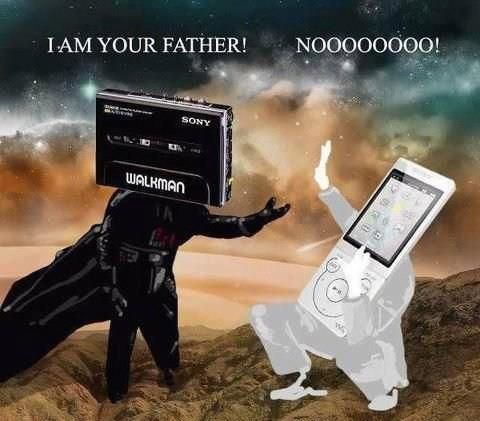
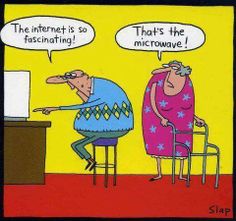
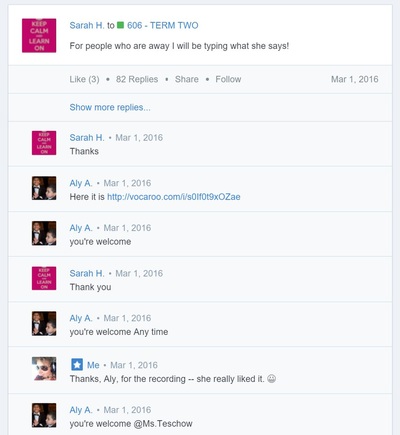
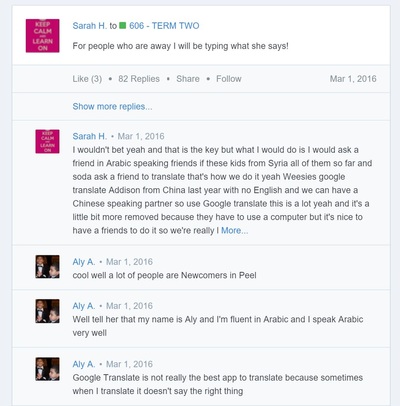
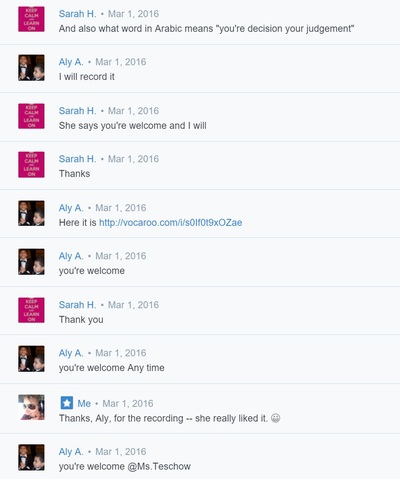



 RSS Feed
RSS Feed